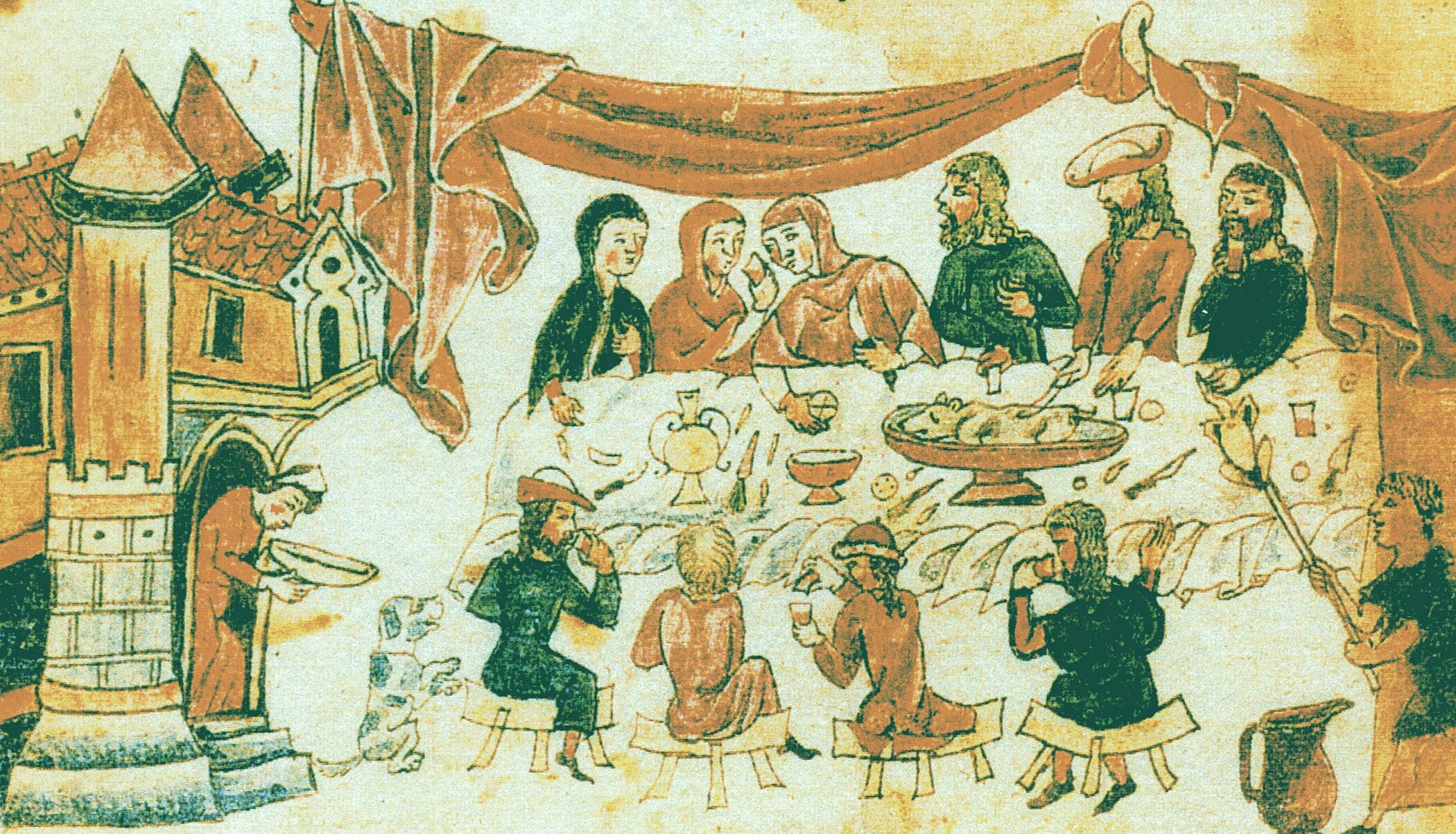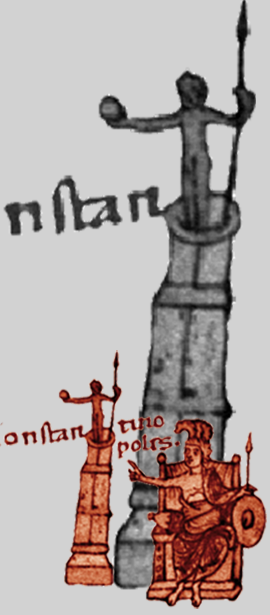Social and Religious History

The social and religious history in Byzantium are closely intertwined and impact all aspects of politics and culture. The research concentration (‚Arbeitsgruppe‘) ‚Social and Religious History‘ investigates the agency of women, men and children as they shape their lives by building social networks and developing their own initiatives that operate within a Christian religious framework. On a larger geographical scale, this raises the question of whether and how the social and religious practices of Byzantium and their manifestation in Greek writing are approoached by people in other languages and cultures. These issues are addressed by investigating materials that have previously been neglected, including functional writing, liturgical texts, and manuscripts, not only in Greek, but also in other languages of Eastern Christianity.
The research concentration builds upon the themes of ‚Mobility, Microstructures, and Personal Agency‘ (Wittgensteinpreis-Projekt 2015-2022, PI Claudia Rapp), and stands in dialogue with the research concentrations ‚Communities and Landscapes‘ and ‚Byzantium and Beyond‘ of the Department of Byzantine Studies as well as with the Cluster of Excellence ‚EurAsian Transformations‘ of the Austrian Academy of Sciences. It is home to the ERC Starting Grant Project RevIdEM (‚Reviving the Ascetic Ideal in the Eastern Mediterreanean. Entangled Memories of Early Egyptian Monasticism in Medieval Syriac, Arabic, and Armenian Christianity (969-1375 CE), PI Adrian Pirtea).

project leader:
project team:
Benedetta Contin
Alice Croq
Georgi Mitov
Adrian Pirtea
Larisa Ficulle Santini
